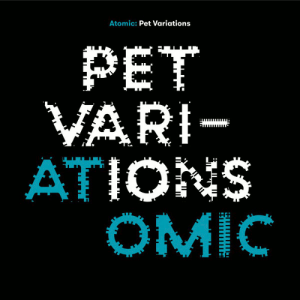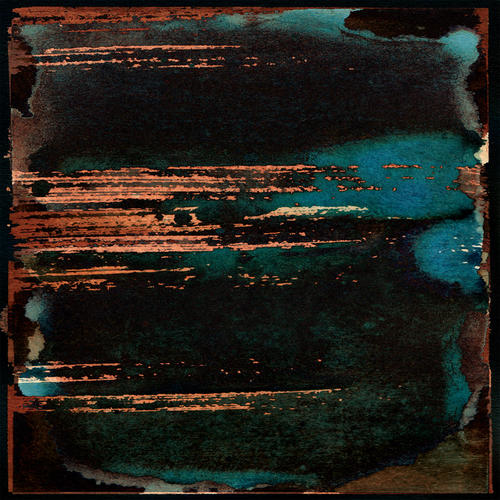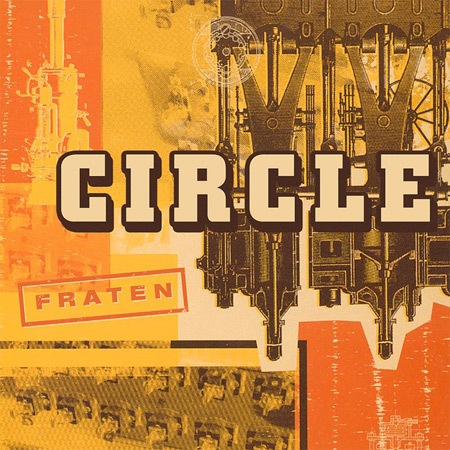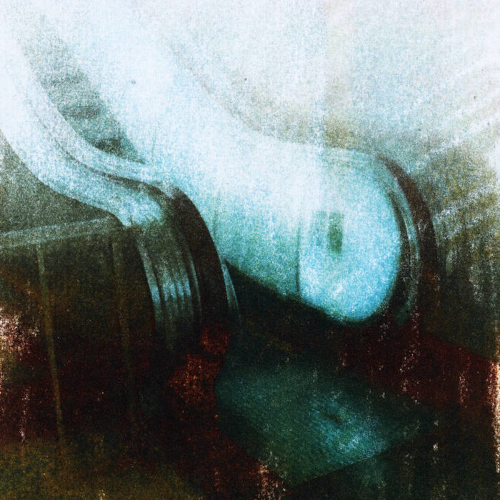 Scandinavian jazz quintet Atomic have been pushing the jazz boundaries since 2001, but on this latest album, their second since moving from Jazzland to Odin, they have chosen to reinterpret some unusual tracks from other writers and from other eras, dipping from the outer reaches of jazz to pop to pieces by Edgar Varese and Olivier Messiaen. It is a varied palette that gives the quintet ample opportunity to promote their subtlety and flexibility, twisting the original pieces into unexpected shapes and injecting jazz influences that you perhaps wouldn’t necessarily assume to work. But work they do and like all good albums of reinterpretations, it is difficult to spot the fingerprints of the original piece.
Scandinavian jazz quintet Atomic have been pushing the jazz boundaries since 2001, but on this latest album, their second since moving from Jazzland to Odin, they have chosen to reinterpret some unusual tracks from other writers and from other eras, dipping from the outer reaches of jazz to pop to pieces by Edgar Varese and Olivier Messiaen. It is a varied palette that gives the quintet ample opportunity to promote their subtlety and flexibility, twisting the original pieces into unexpected shapes and injecting jazz influences that you perhaps wouldn’t necessarily assume to work. But work they do and like all good albums of reinterpretations, it is difficult to spot the fingerprints of the original piece.
Carla Bley‘s “Walking Woman” has a more abstract structure, with that scatty sax playing hide and seek with the swaying piano. The piano tries to catch you out, ducking and diving just when you think you know where it is going while the take of Varese’s “Un Grand Sommeil Noir” benefits from a lovely bass drone upon which the rest of the group draw a sense of awakening from their patient instruments over a finger-snapping rhythm, the grey forms of dawn trying not to disturb. This soporific lullaby is all whispers until it drops away to ebbing bass and drums. Jimmy Guiffre‘s “Cry Want” is sleepy piano-led shuffle, while Messiaen’s “Louange A l’Eternite De Jesus” lulls us with its meditative repetition, the single notes of the piano being held perfectly as this deconstructed elegy goes way beyond jazz, the cymbals seeming almost alien when they do choose to appear through the mist.
German free composer Alexander von Schlippenbach‘s “Inri” gives the group another opportunity to stretch their collective legs. The antsy rhythm and joyful horn refrain allow the piano to set off on another of its voyages of discovery, with the rest of the players attempting to keep up. It feels again as though it is daring the drums to follow, and by some miracle they manage to. By the end, everyone is roughhousing and it is a little chaotic, which causes a greater sense of the capricious nature of the band as they break into the final piece, which is probably the most “jazz” of them all. An early piece by Jan Garbarek, “Karin’s Mode” feels like a more respectful cover, included perhaps because of Jan’s inestimable contribution to Nordic jazz and, due to its early date, more of an opportunity for the band to run through some of the more African-American jazz tropes.By the time it is all over, a hell of a lot of ground has been covered and peace reigns once again. It is jazz, but it also goes way beyond what that implies. The group are already looking forward to a larger ensemble recording using their own material, and this feels like a test of character, a sense of “Can we do this?”. Clearly, the answer is a resounding yes.
-Mr Olivetti-



